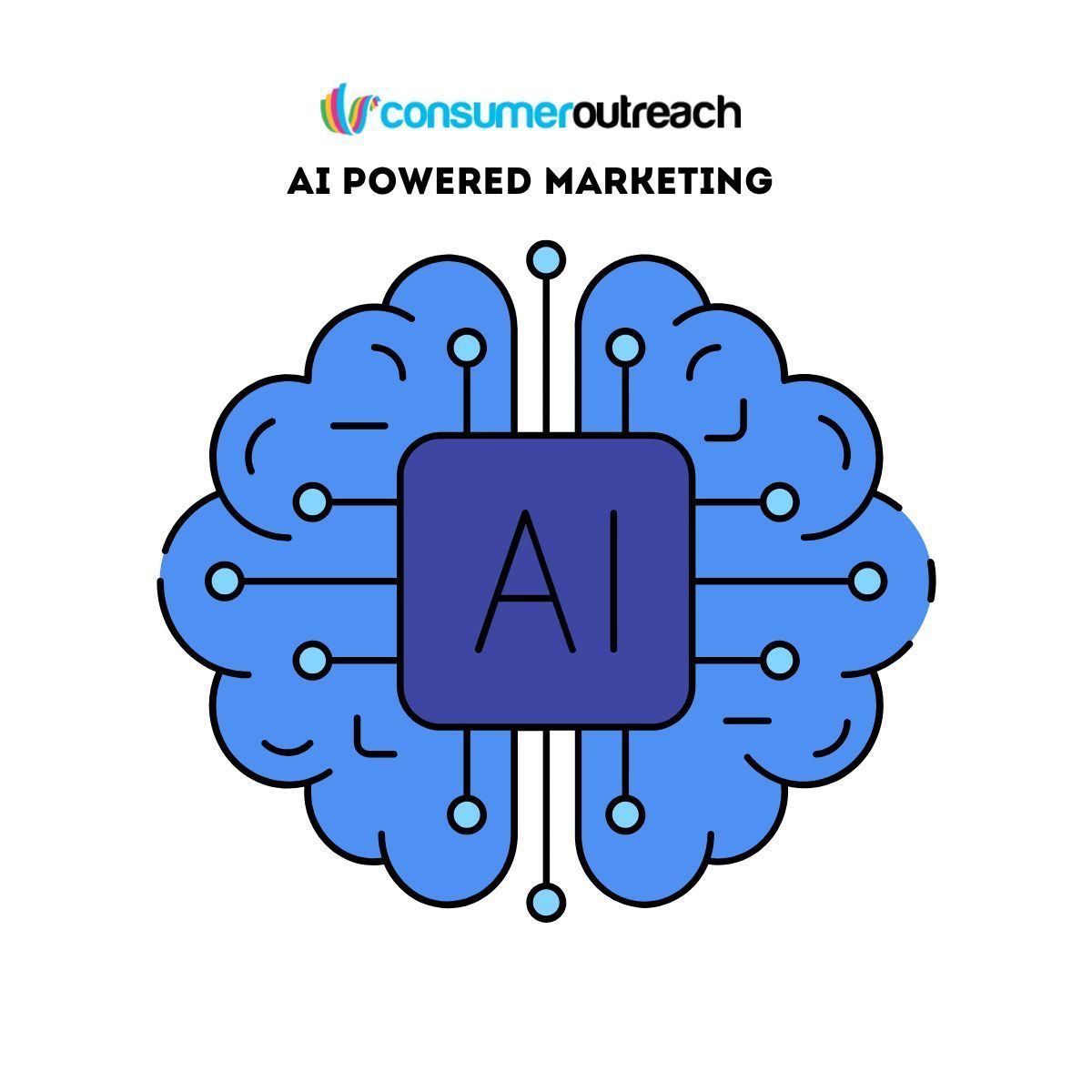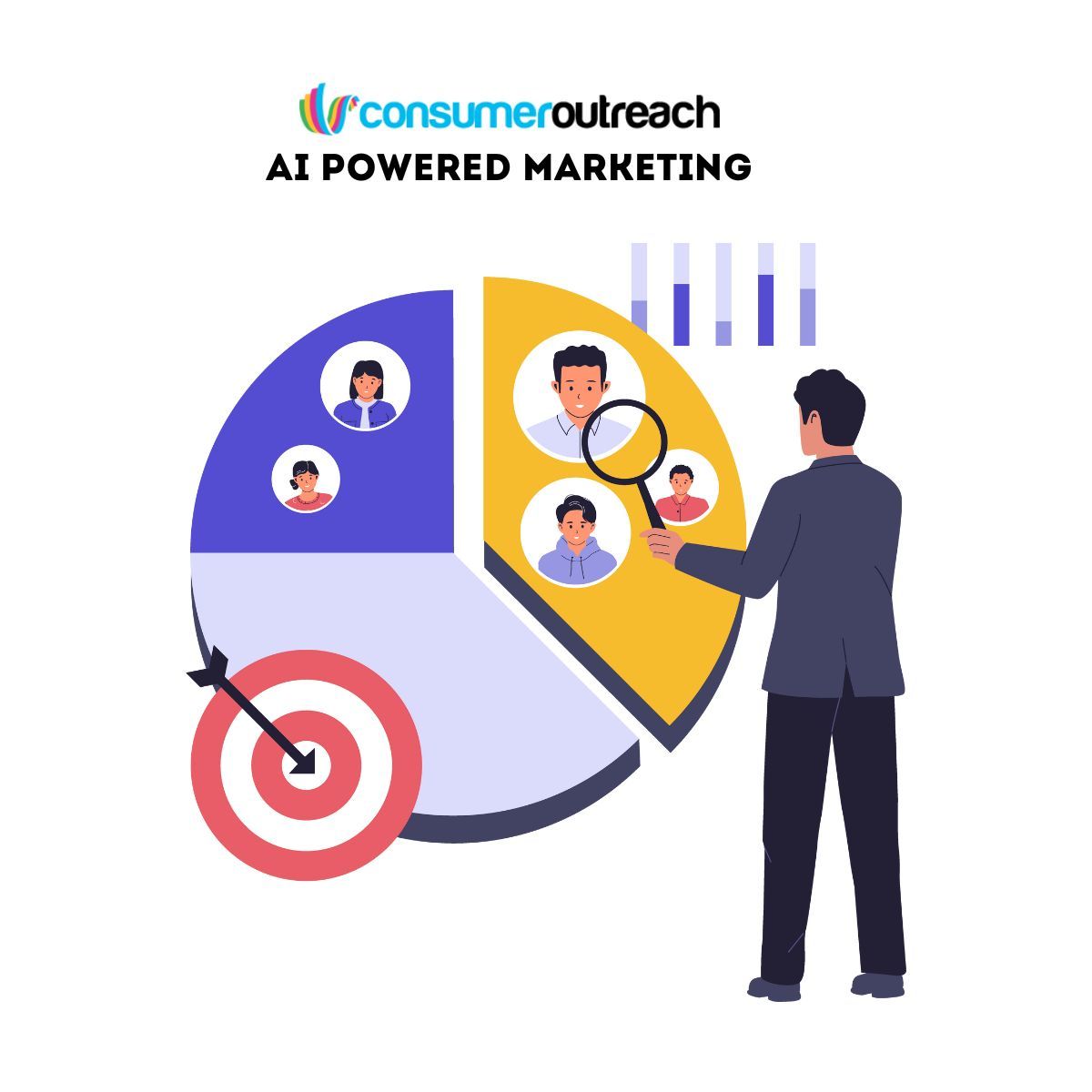Marketing and Advertising in Contentious Markets

Marketing in contentious markets presents unique challenges and opportunities for brands navigating controversial territory. Whether it's industries facing ethical scrutiny, polarizing social issues, or markets undergoing regulatory shifts, strategic communication becomes essential for success.
Contentious markets are characterized by divided public opinion, heightened scrutiny, and potential reputational risks. Industries like tobacco, alcohol, gambling, pharmaceuticals, and increasingly, social media platforms face ongoing debates about their societal impact. Similarly, businesses operating in politically charged environments or addressing polarizing issues must carefully consider their marketing approach.
Understanding Stakeholder Perspectives
Successful marketing in contentious spaces begins with thorough audience analysis. Companies must identify not only their target consumers but also influential stakeholders including regulators, advocacy groups, and community organizations. Understanding diverse perspectives allows brands to anticipate objections and develop more nuanced messaging.
Strategic Approaches
Transparency and Education: Many successful brands in contentious markets focus on educating consumers rather than persuading them. This approach acknowledges concerns while providing factual information that helps consumers make informed decisions. Pharmaceutical companies often employ this strategy, emphasizing patient education alongside product promotion.
Value-Based Positioning: Rather than avoiding controversy, some brands directly address contentious issues by aligning with specific values. This approach can build strong loyalty among like-minded consumers but risks alienating others. Companies must carefully weigh potential market segments against potential backlash.
Community Engagement: Building relationships with affected communities helps brands demonstrate commitment beyond profit motives. This approach can transform critics into advocates by showing genuine investment in addressing community concerns.
Regulatory Navigation
Contentious markets typically face strict regulatory oversight. Marketing teams must stay current with evolving regulations while preparing for potential changes. Effective campaigns build flexibility into their structure to adapt quickly to new restrictions or requirements.
Risk Management
Reputation management becomes paramount in contentious environments. Companies should develop crisis communication plans specifically tailored to potential controversies. Monitoring public sentiment through social listening tools helps identify emerging issues before they escalate.
Digital Considerations
Digital platforms present both opportunities and challenges for contentious marketing. While offering precise audience targeting, they also expose brands to greater scrutiny and viral criticism. Content moderation policies on major platforms may restrict certain industries, necessitating creative alternatives.
Ethical Framework
Successful brands in contentious markets typically develop clear ethical frameworks guiding their marketing decisions. These frameworks help maintain consistency across campaigns while providing justification for communication choices when challenged.
Looking Forward
As societal values evolve, what constitutes a contentious market continues to shift. Industries previously considered controversial may gain acceptance, while new concerns emerge. Forward-thinking marketers anticipate these shifts by monitoring changing attitudes and adapting accordingly.
The most effective marketing in contentious environments balances business objectives with social responsibility, acknowledging legitimate concerns while advocating for their perspective. By engaging authentically with diverse stakeholders, companies can build trust even in challenging environments. Those who succeed don't simply navigate controversy—they contribute constructively to important conversations while delivering value to their customers and communities.










